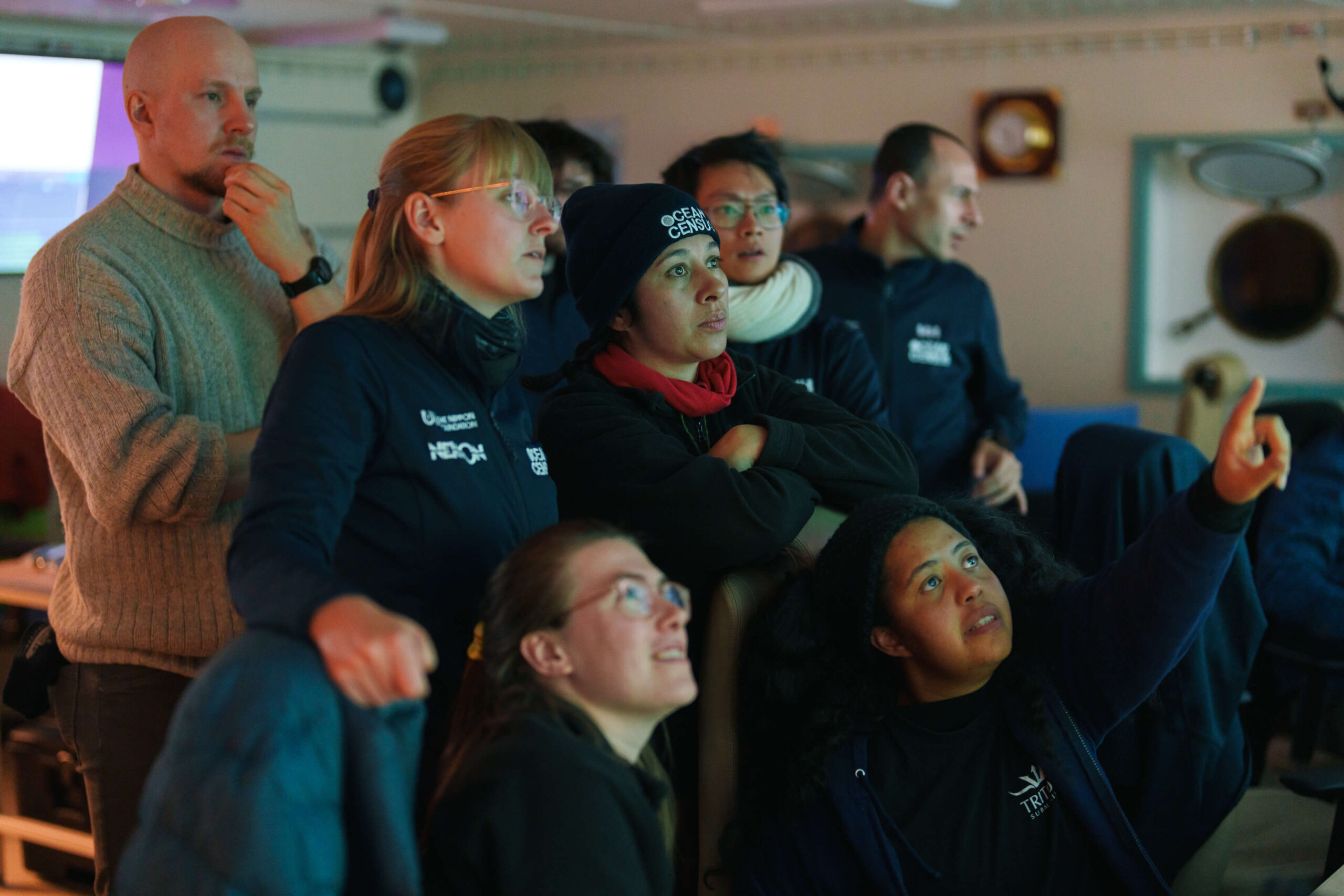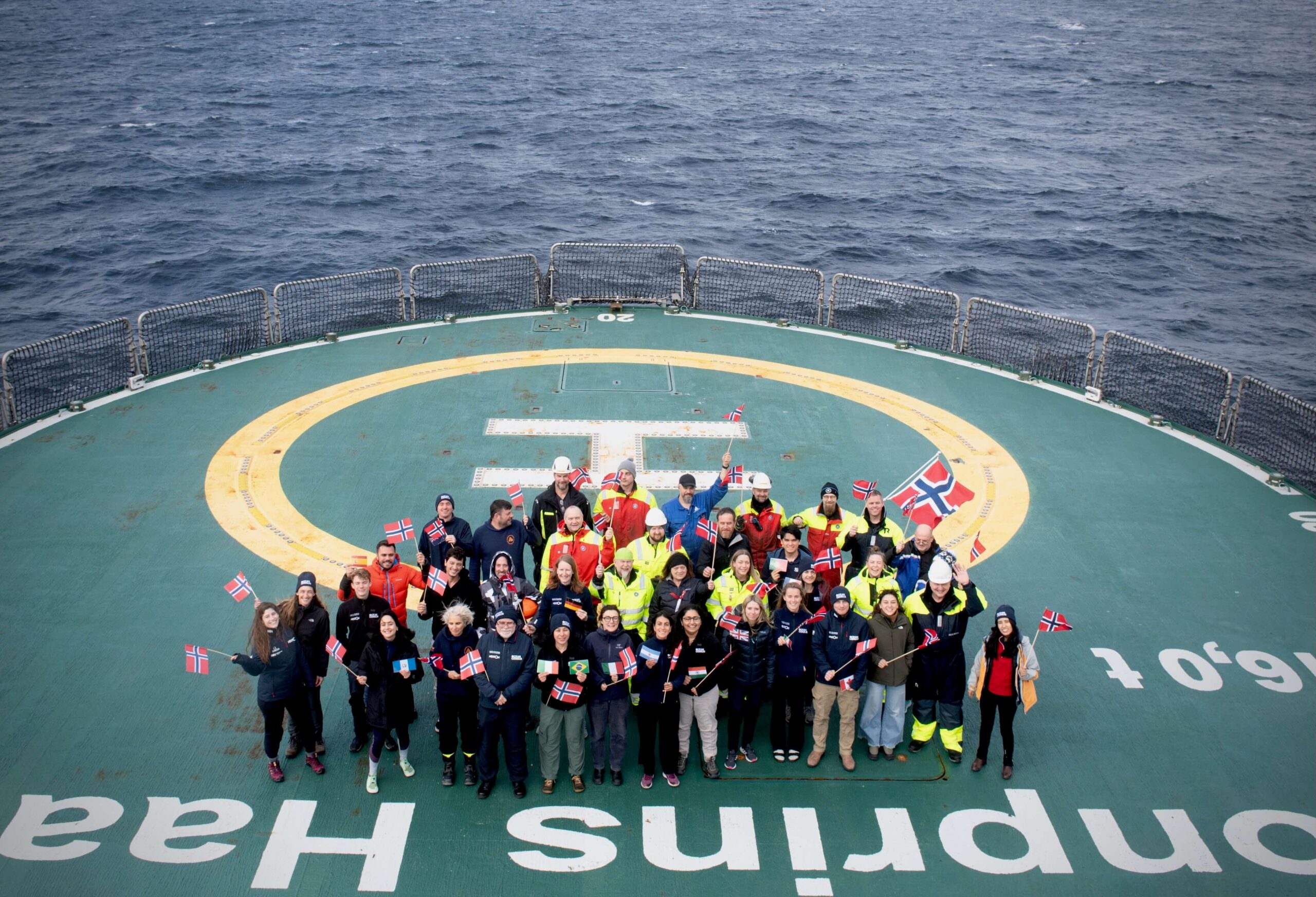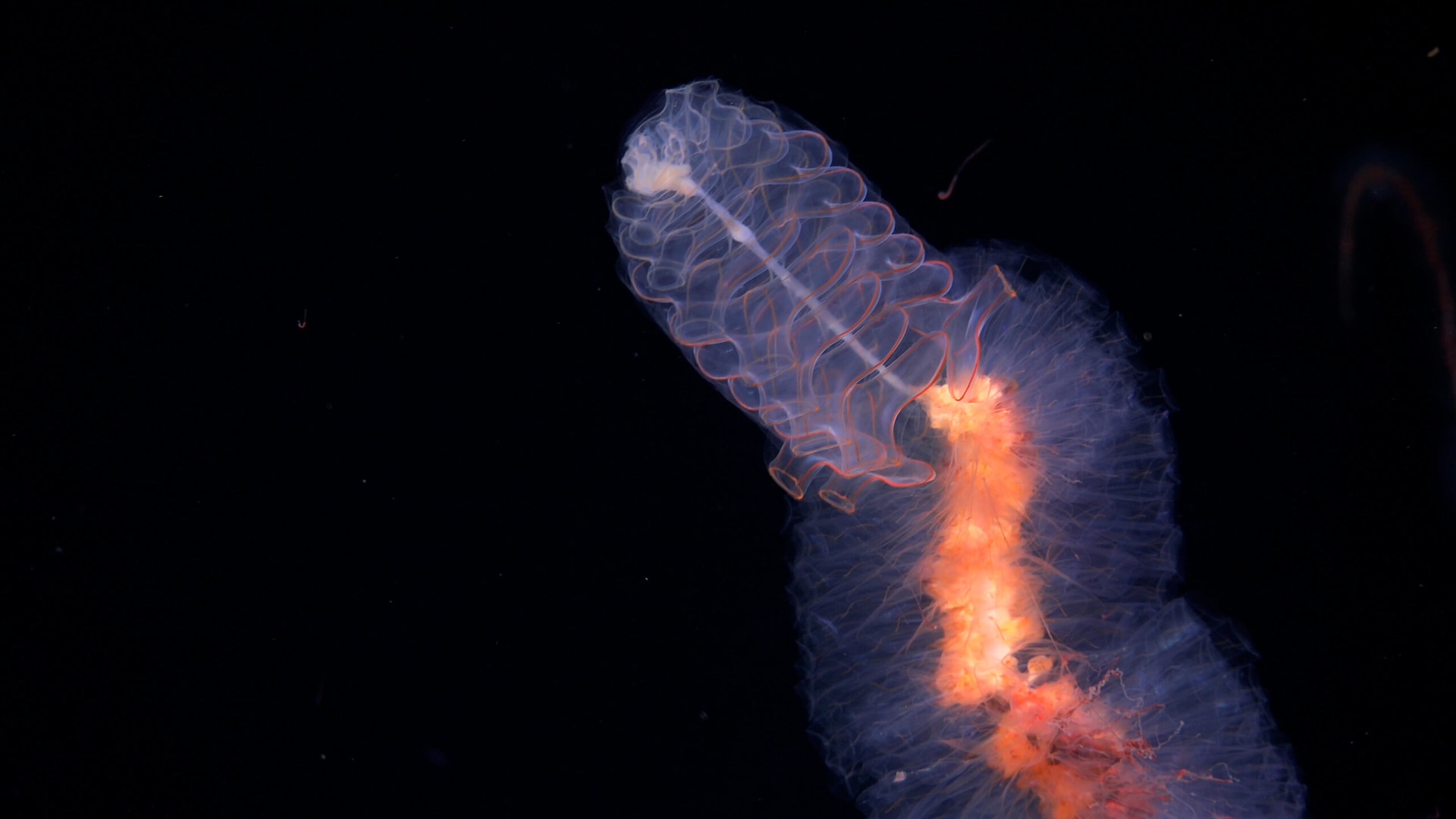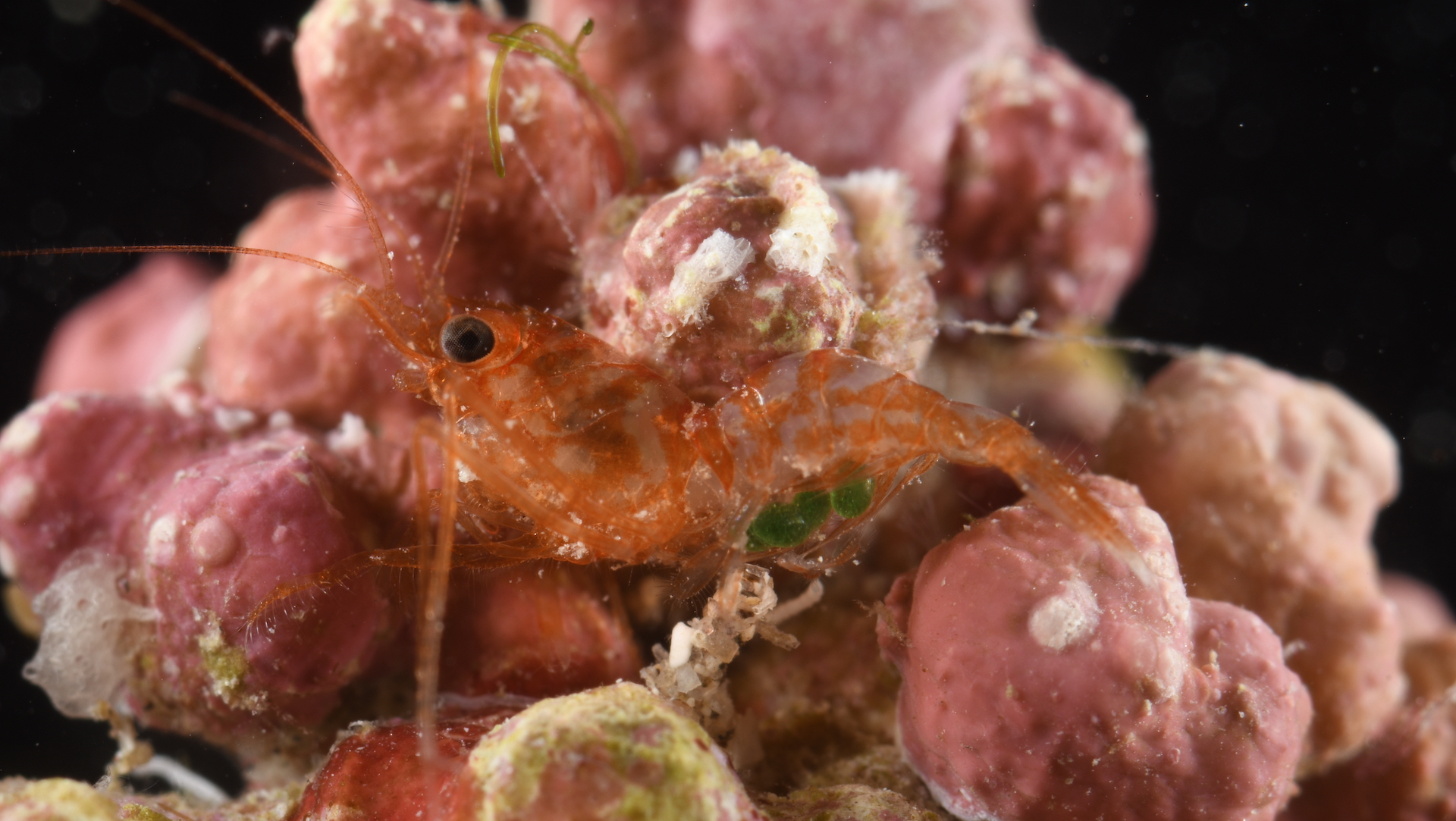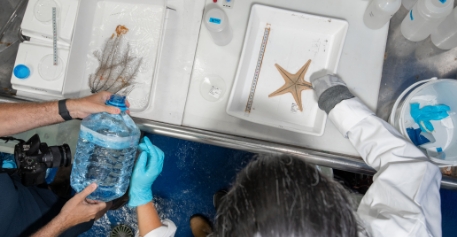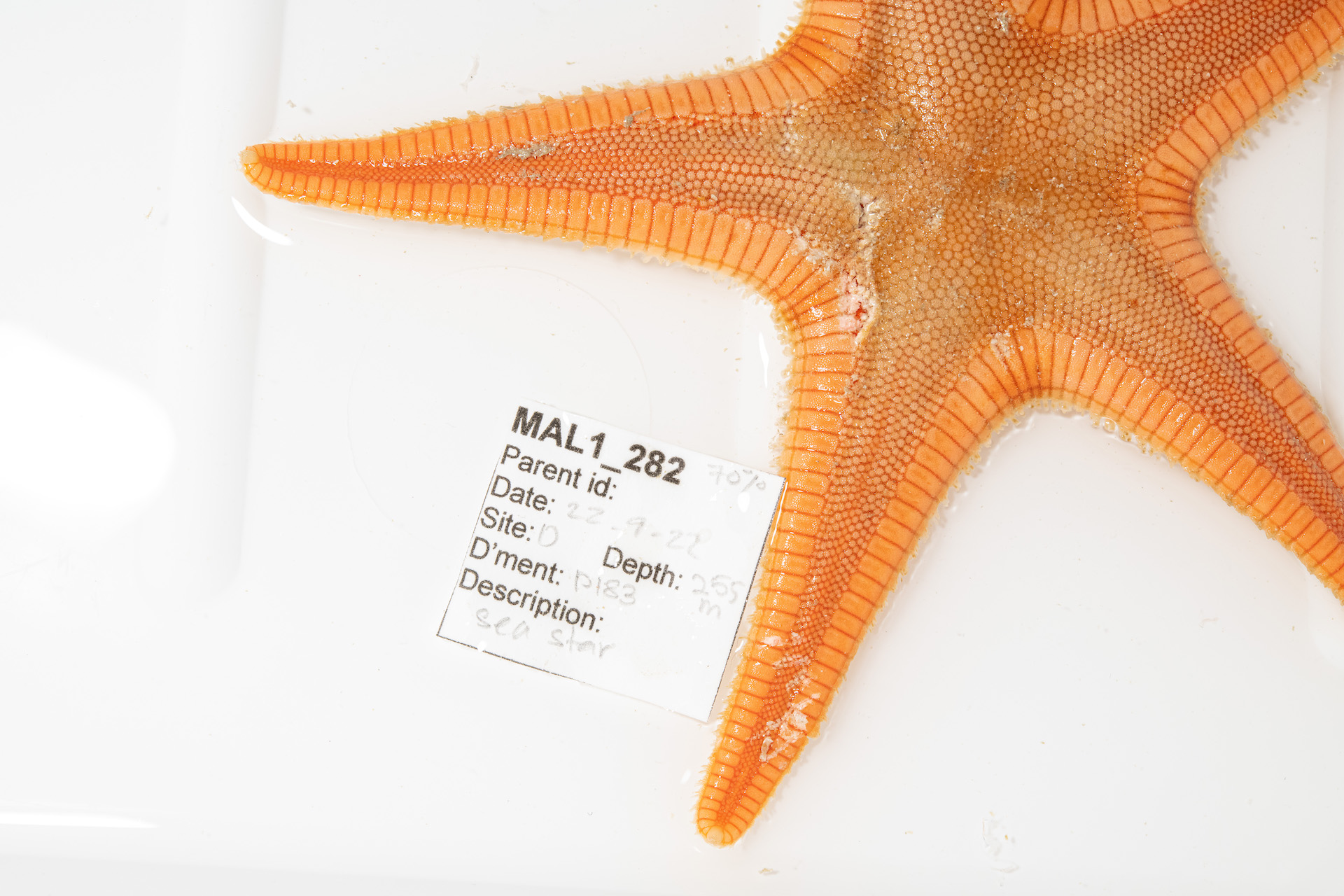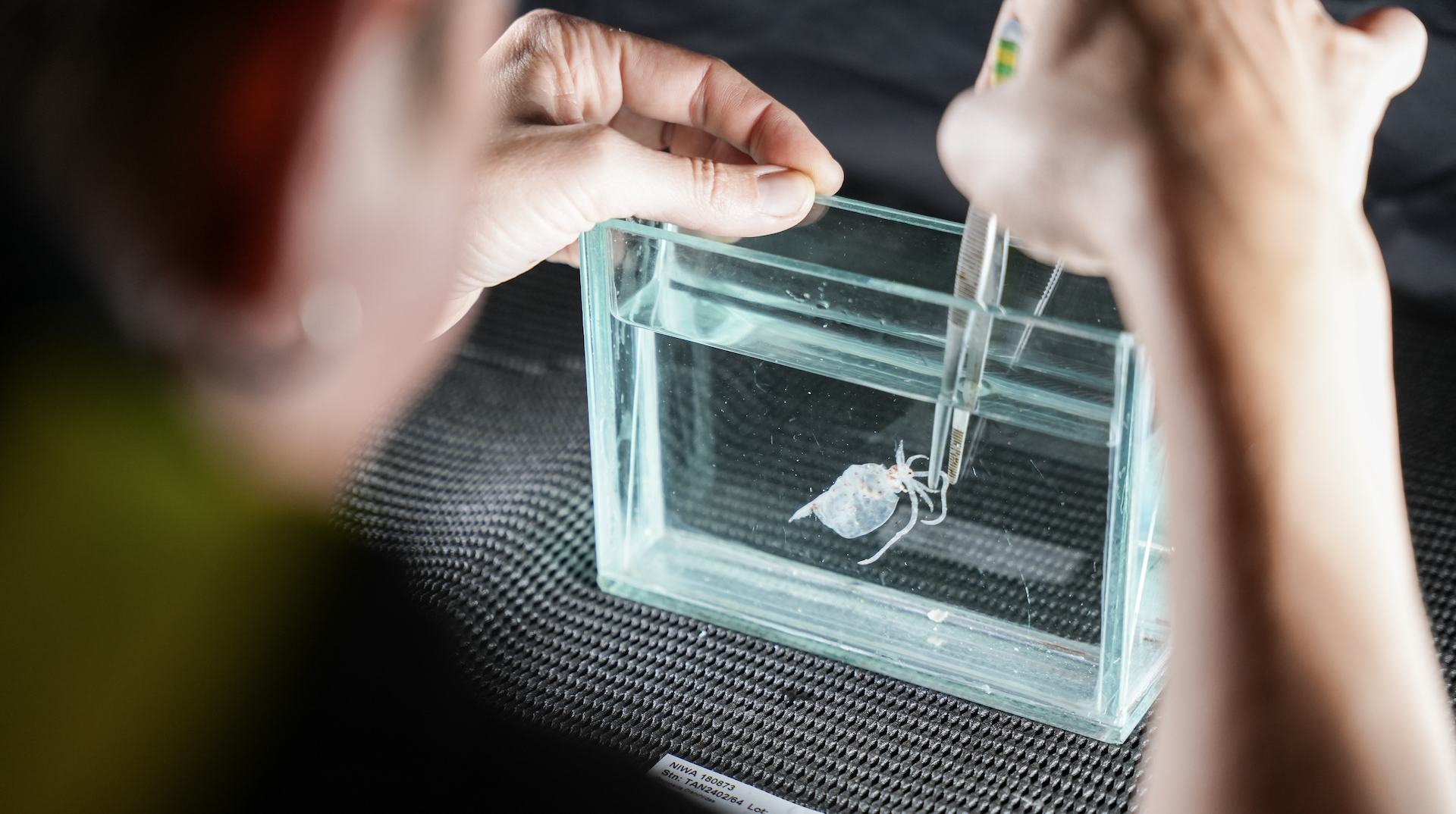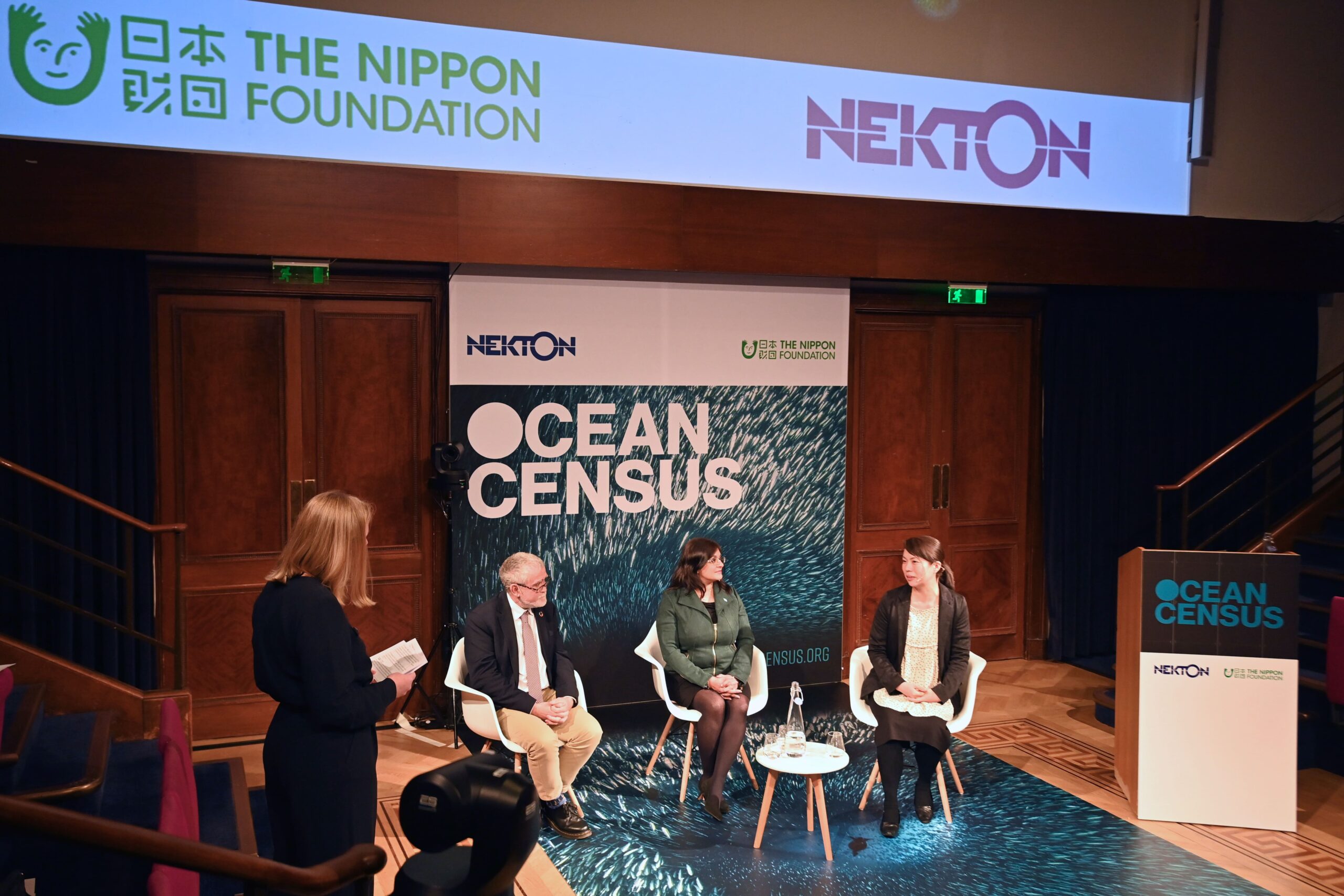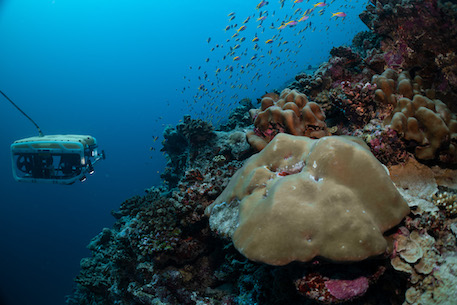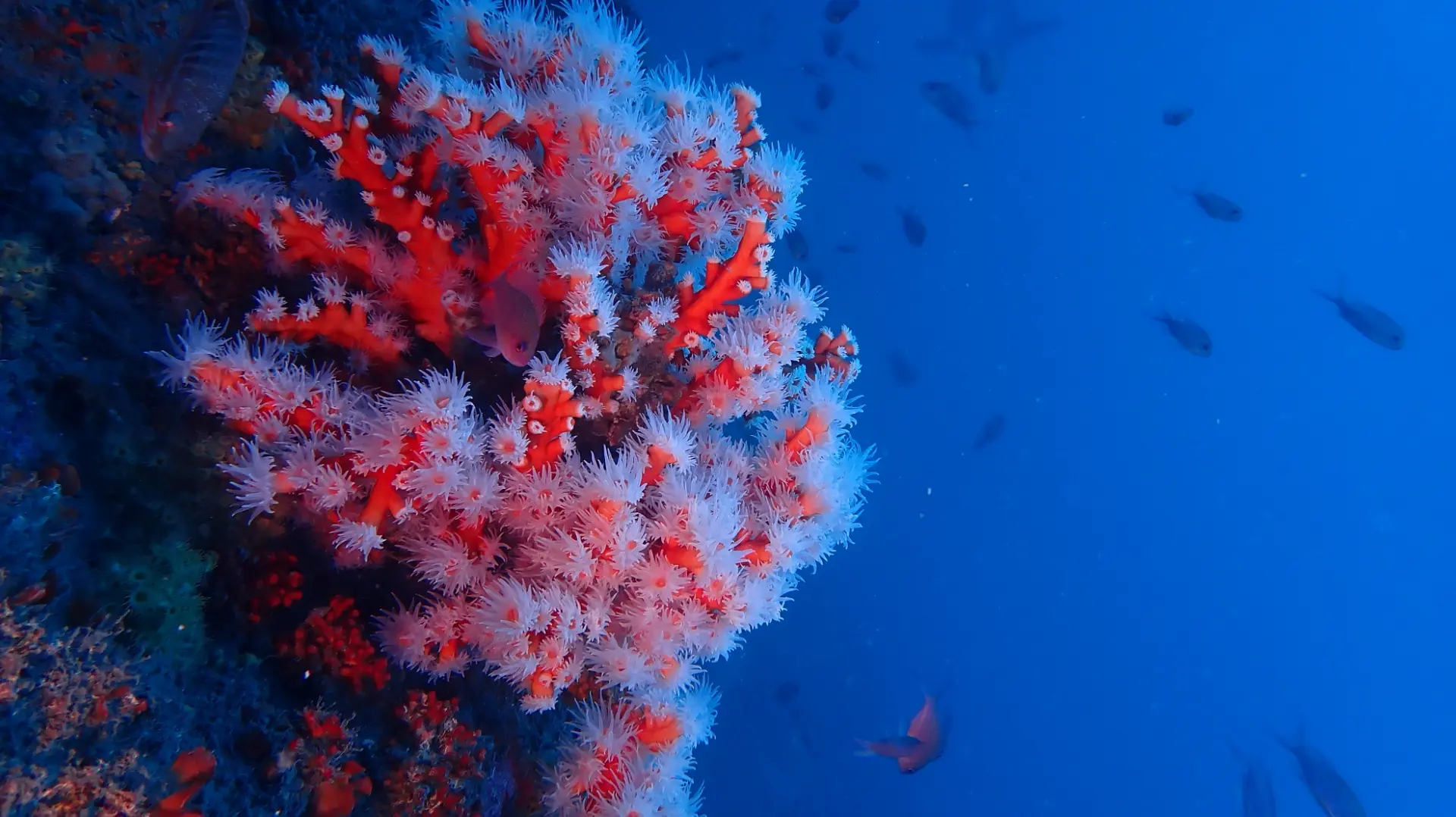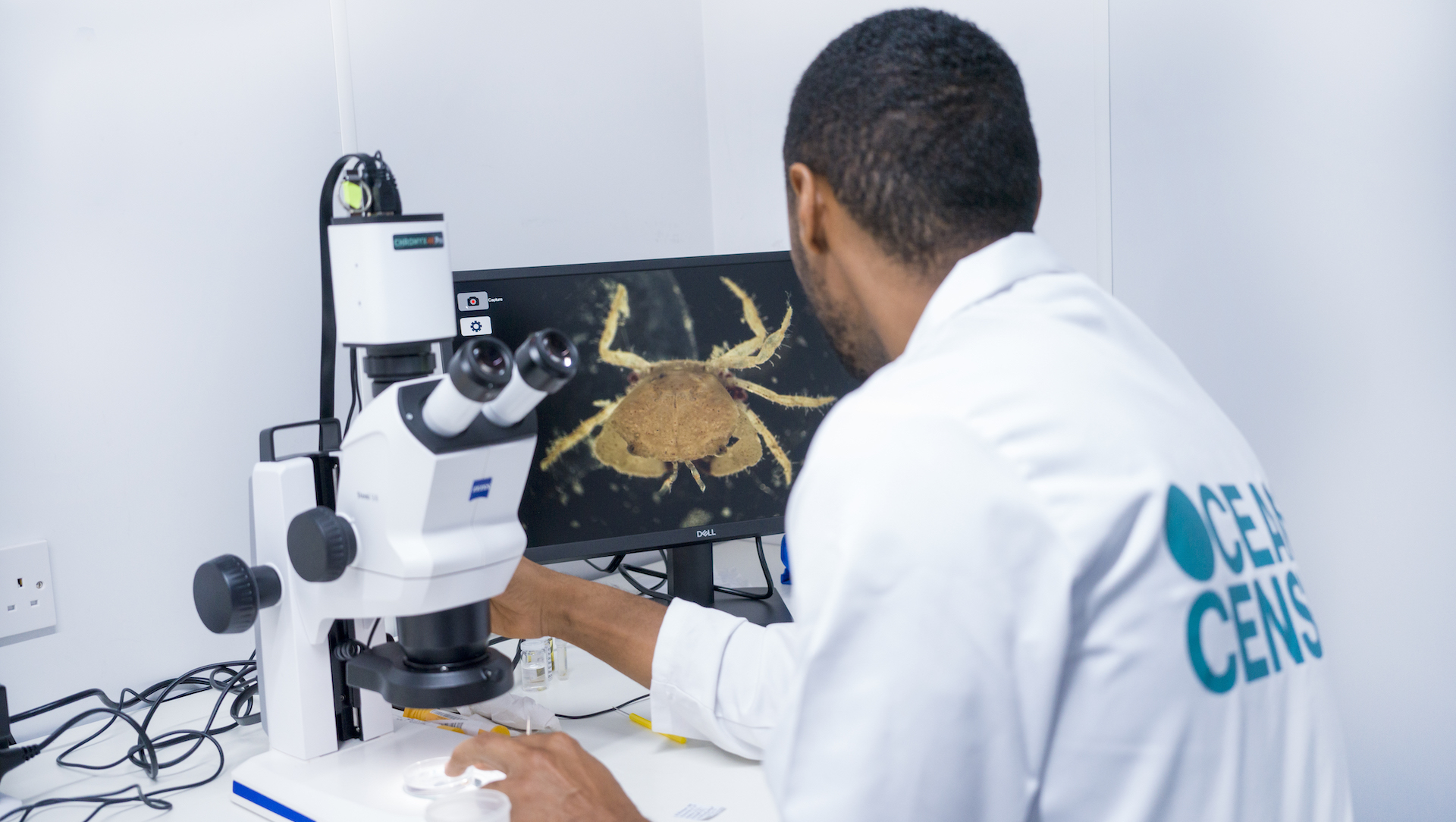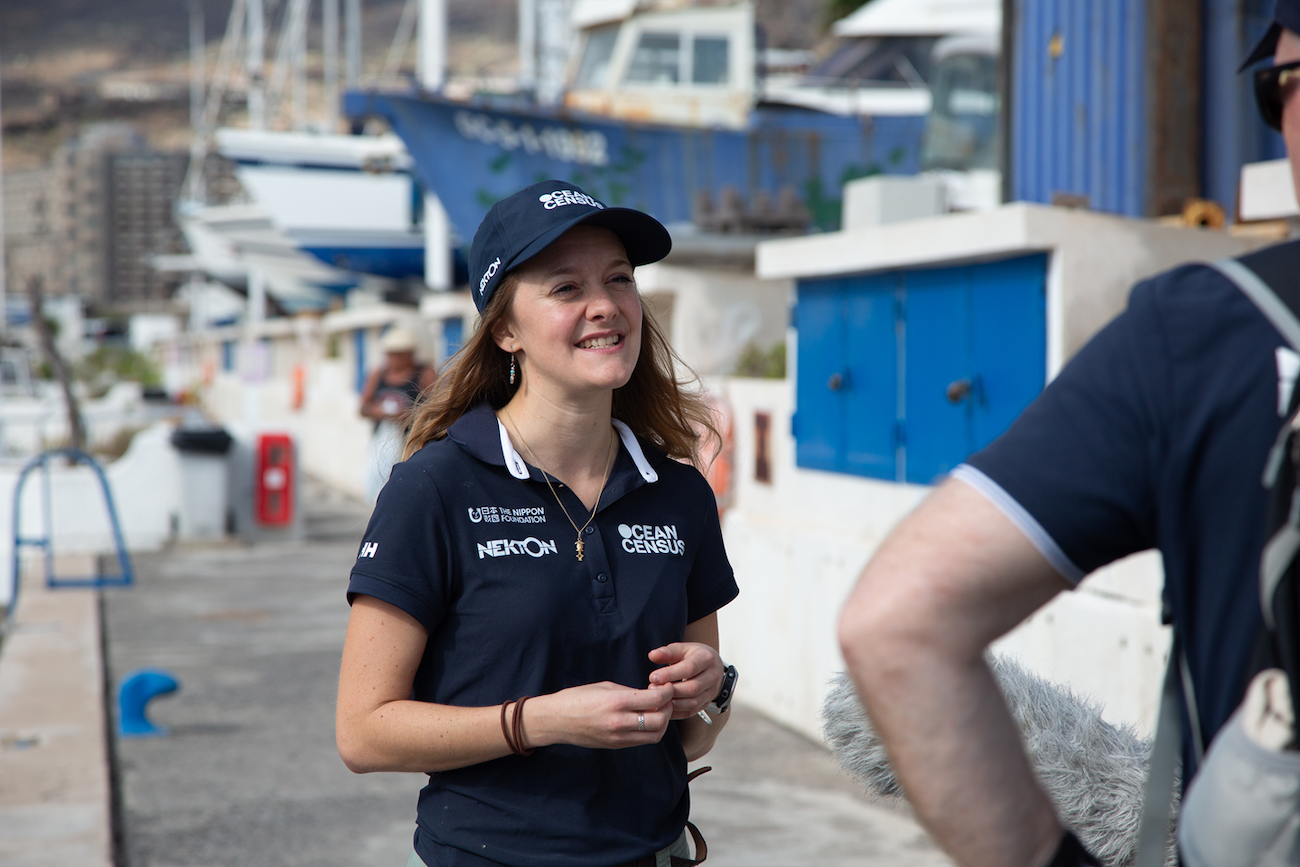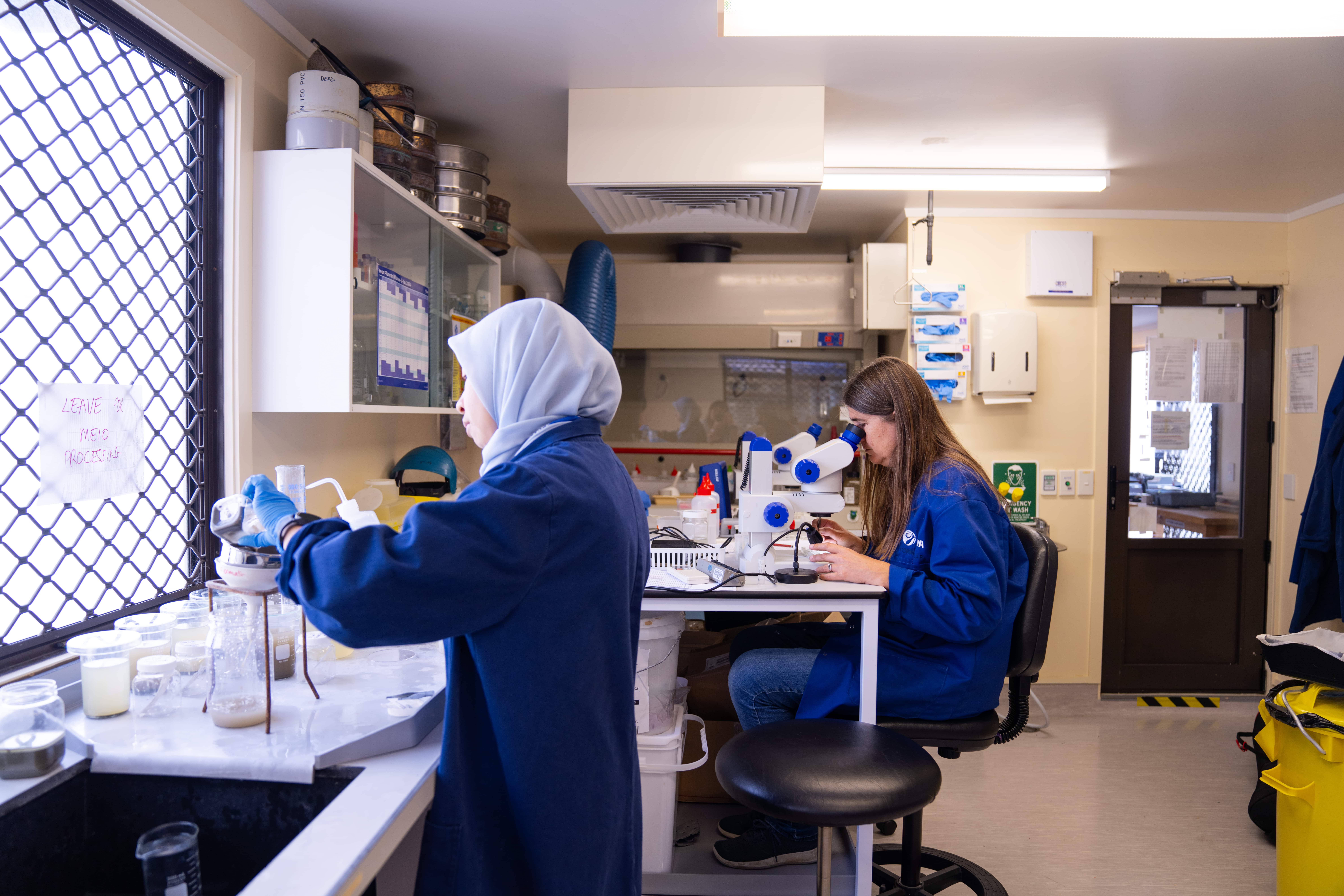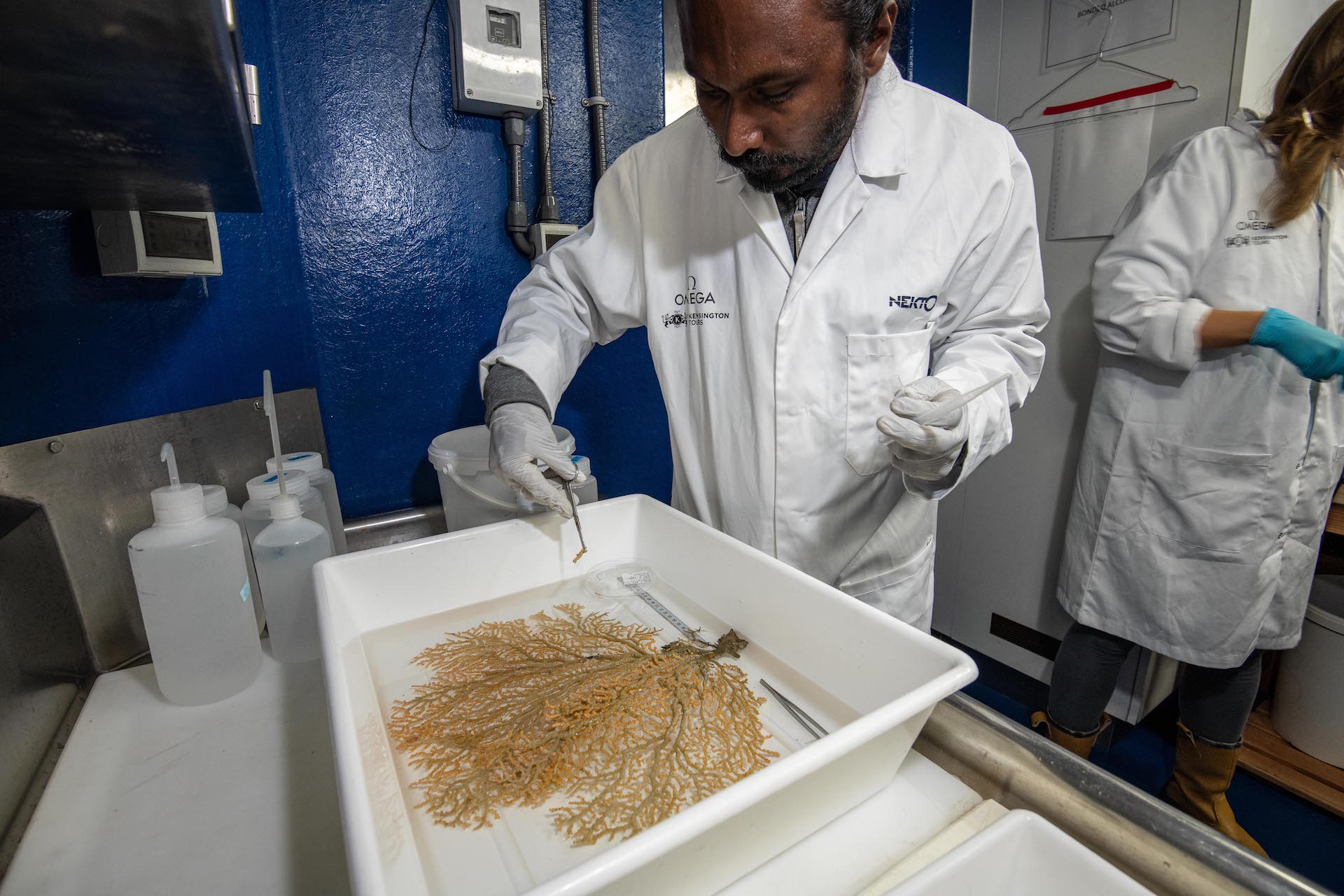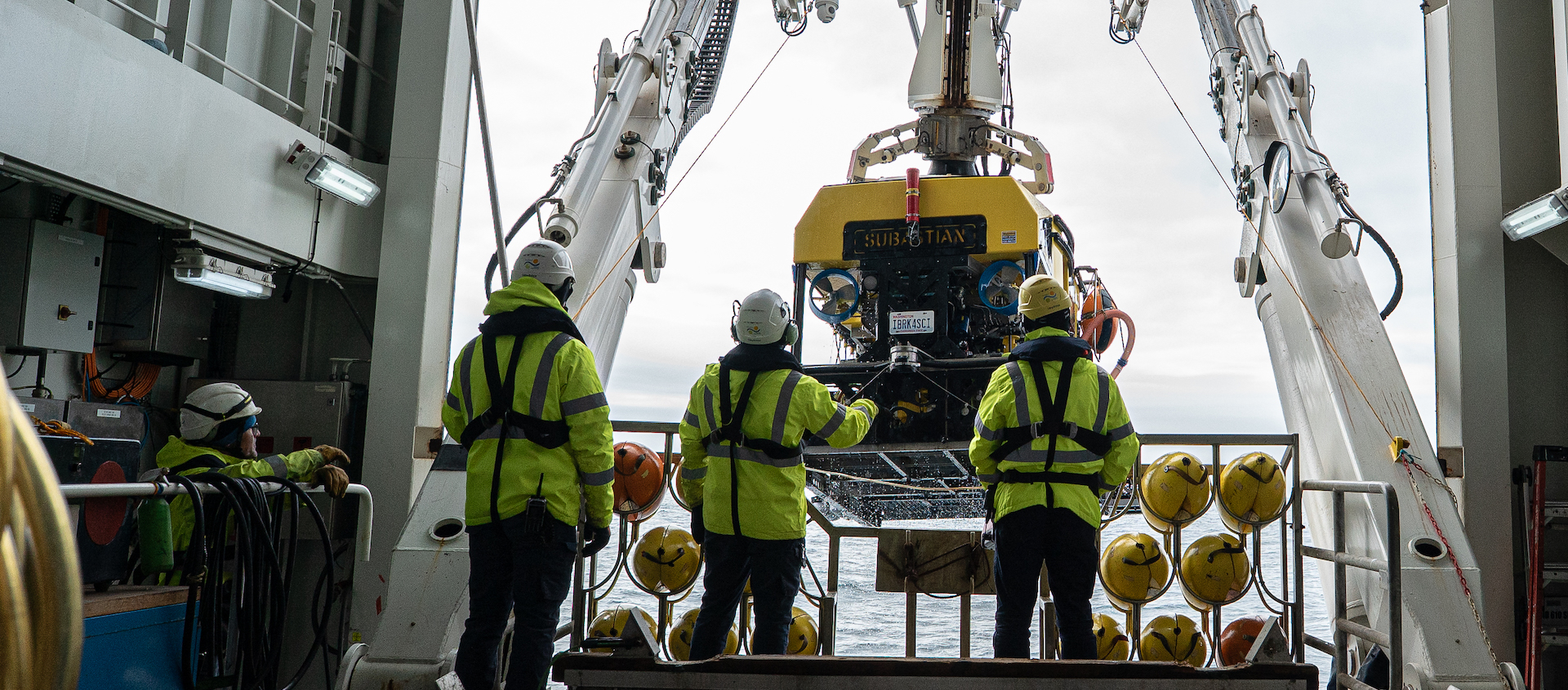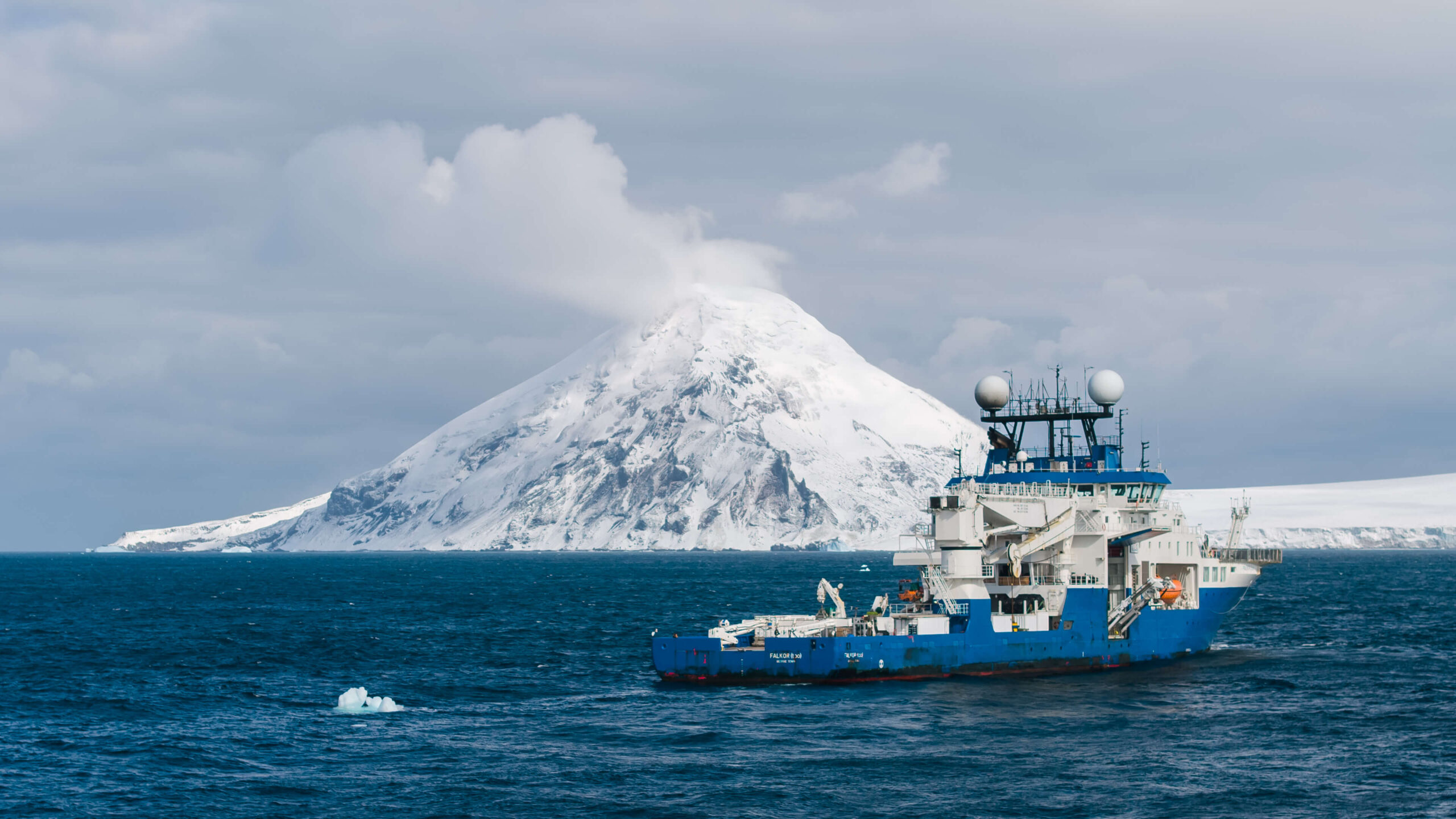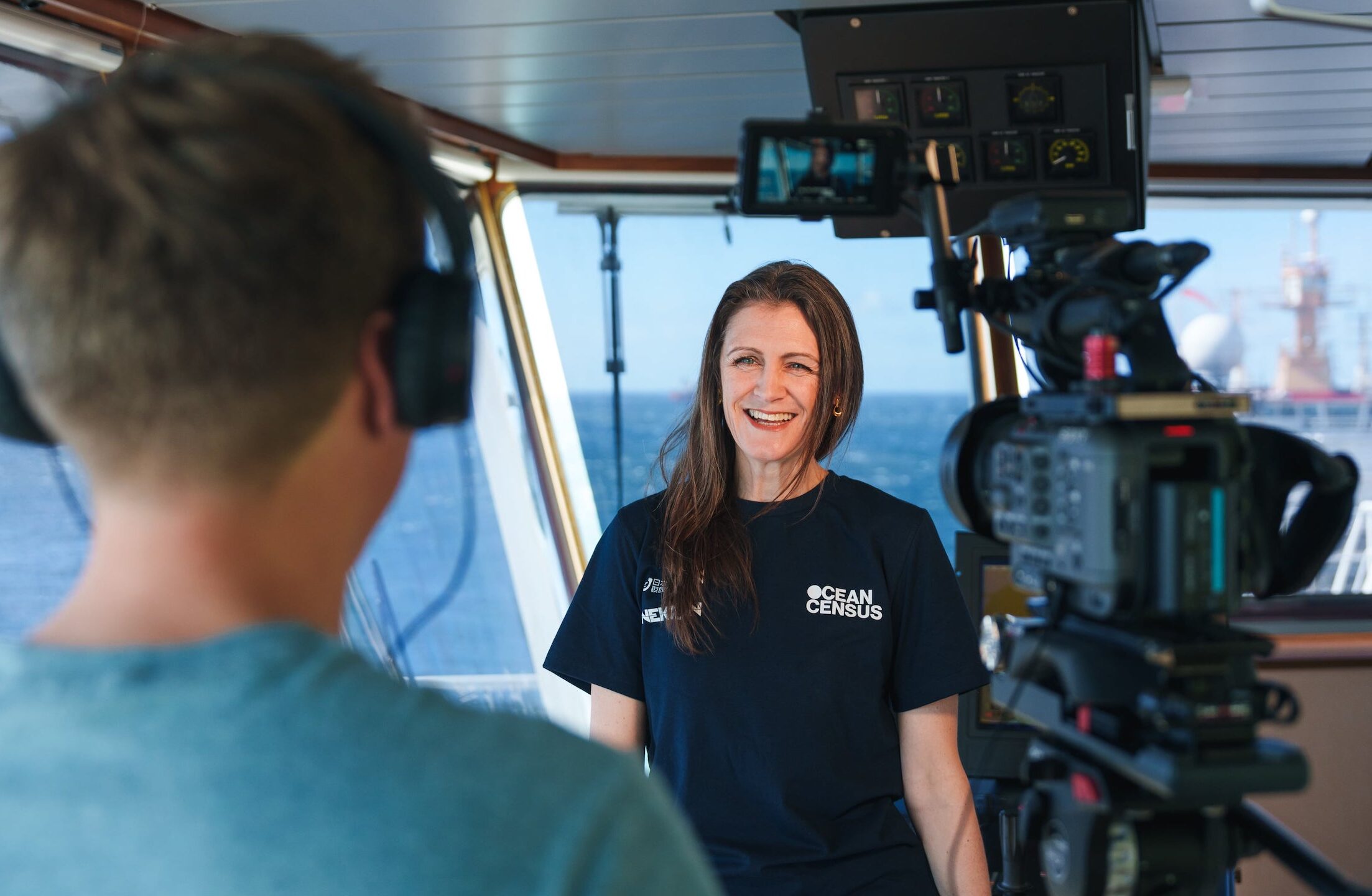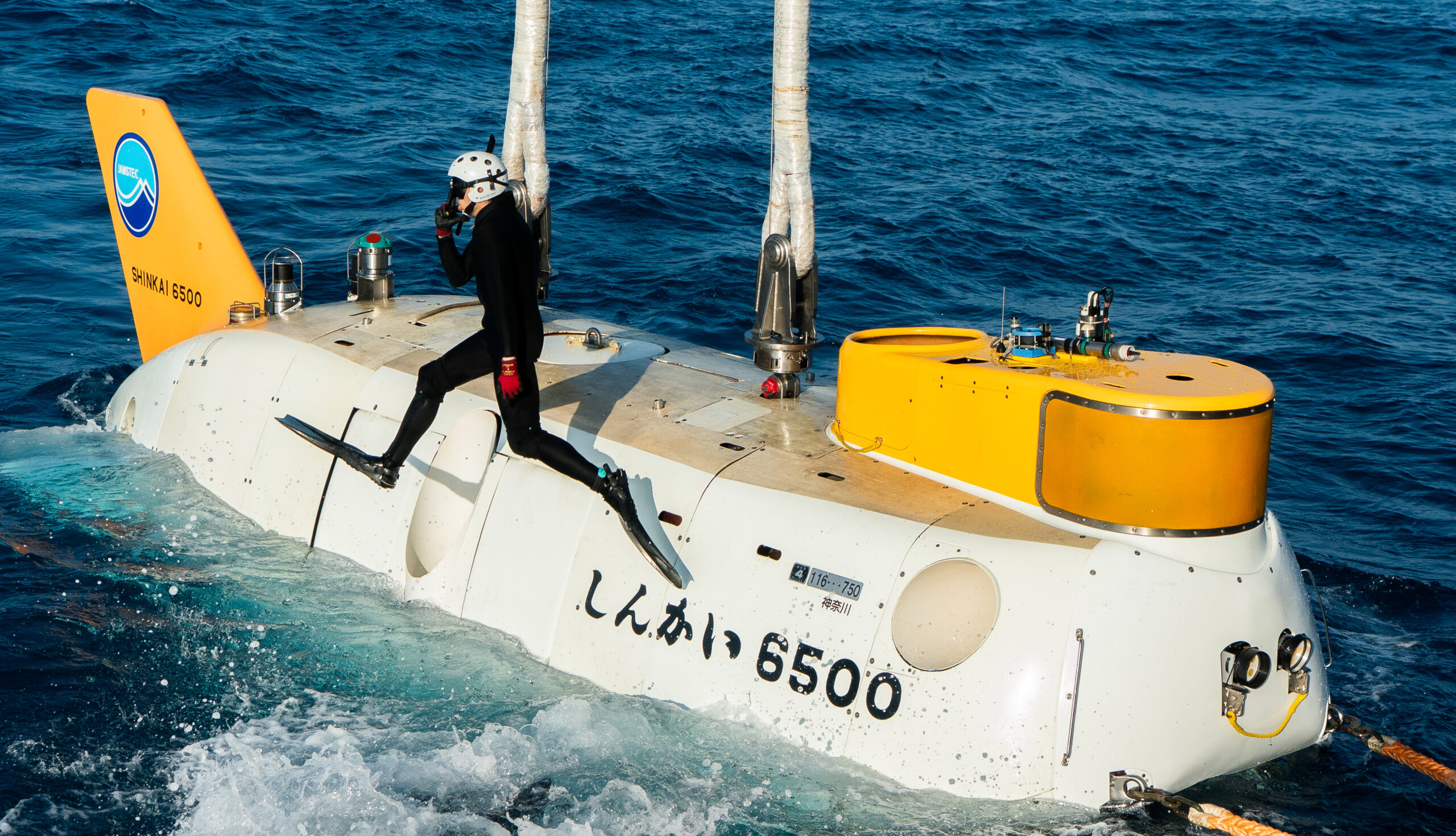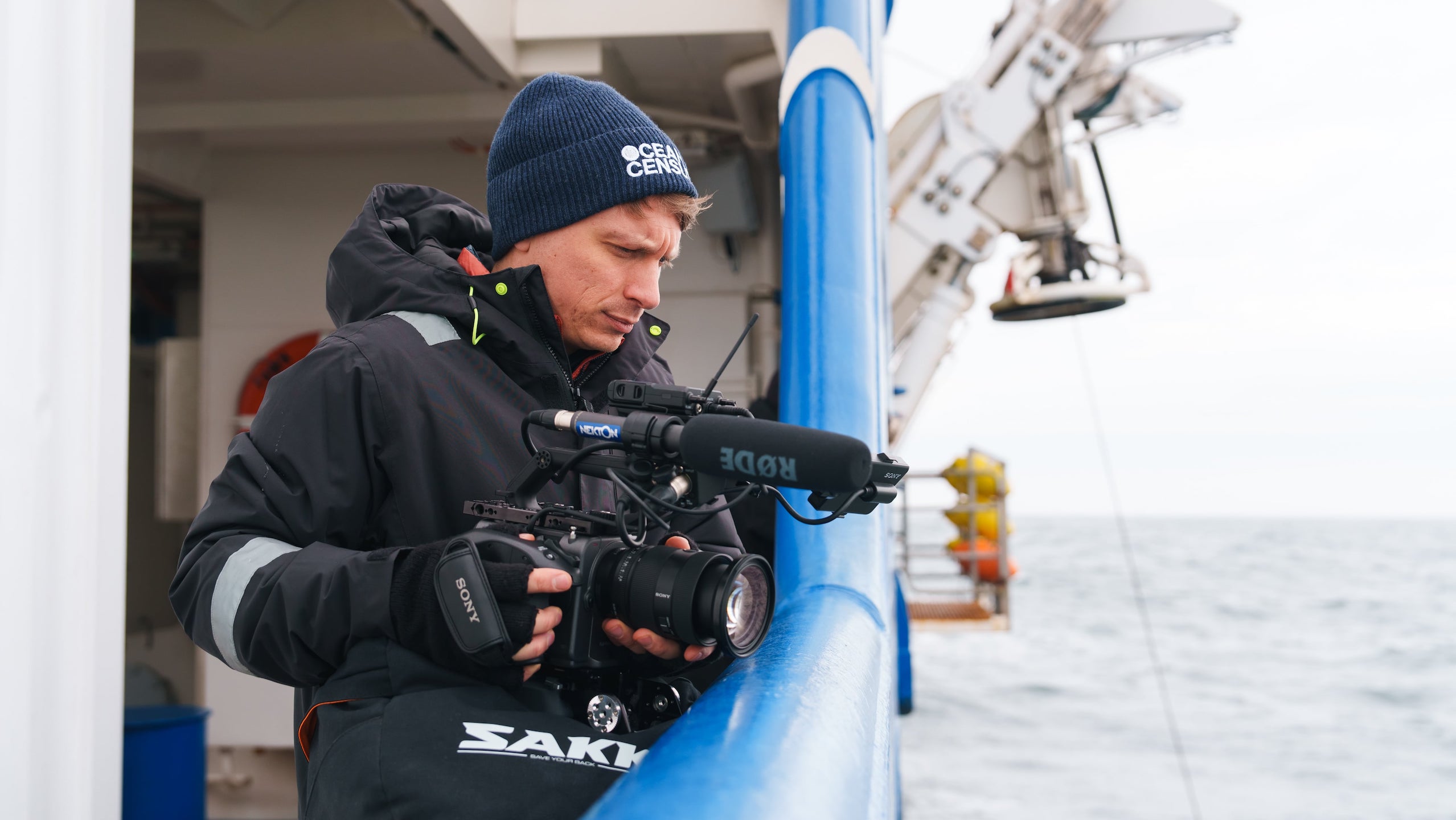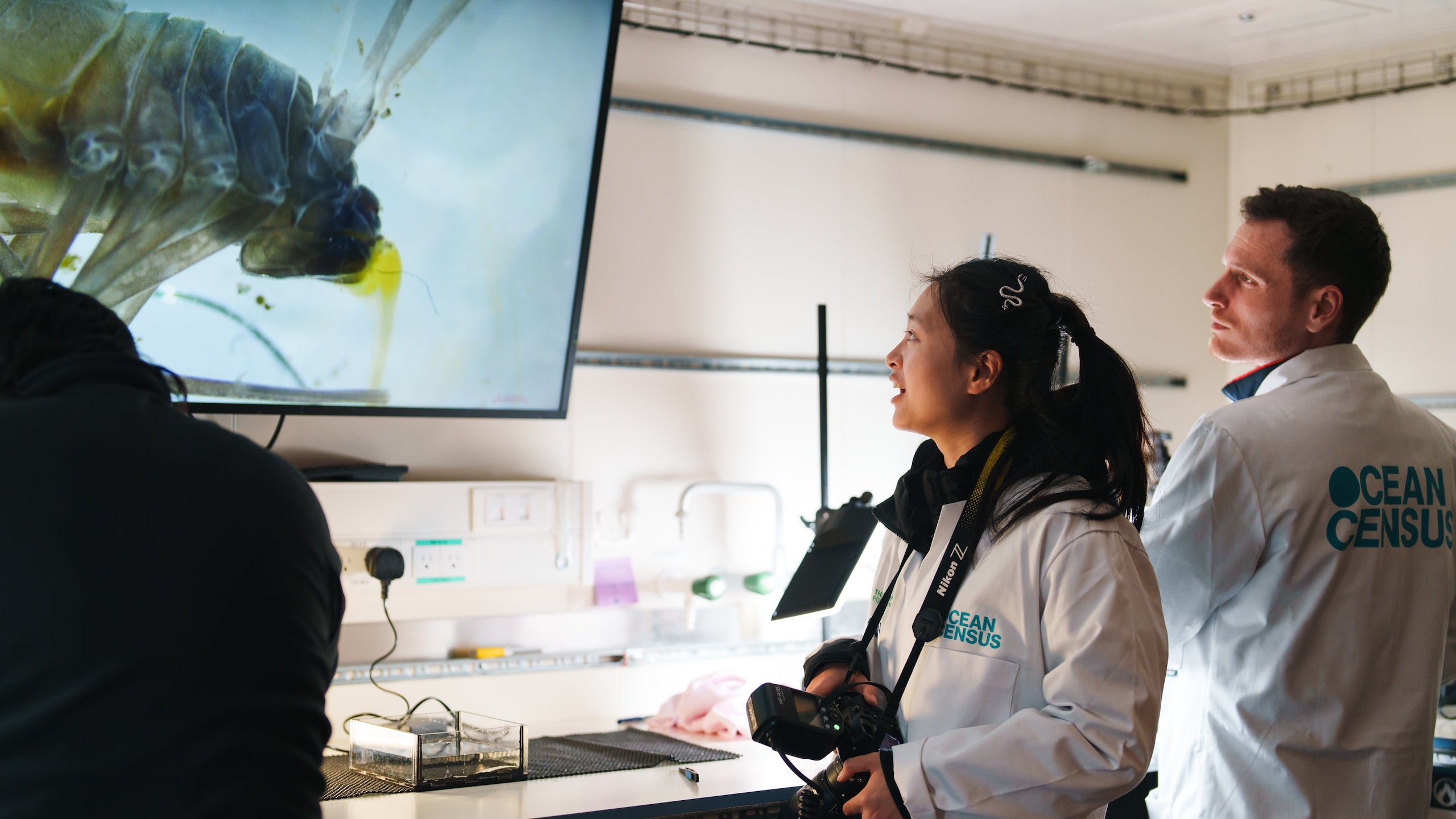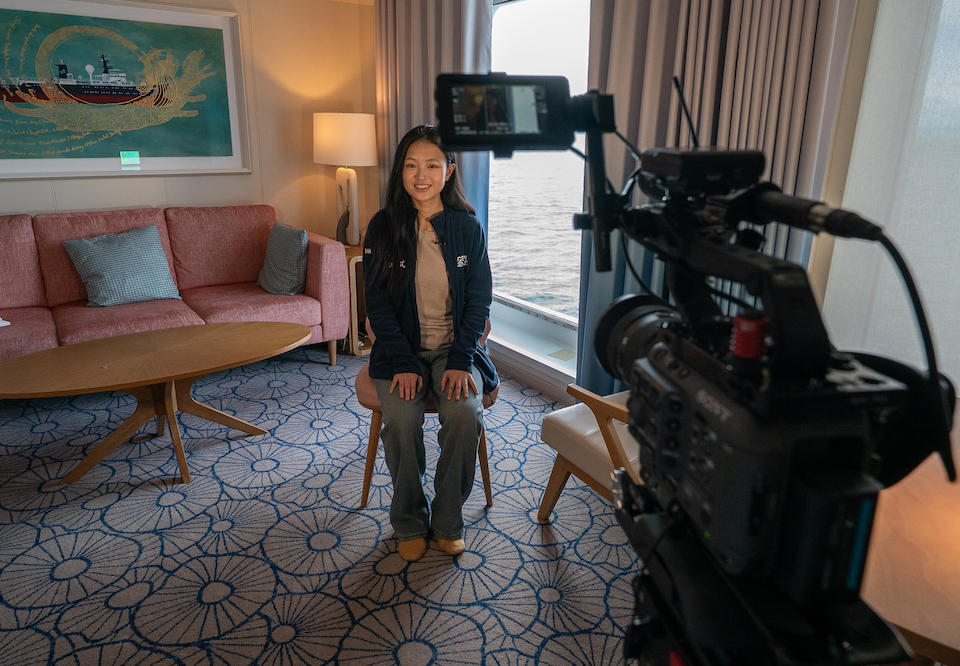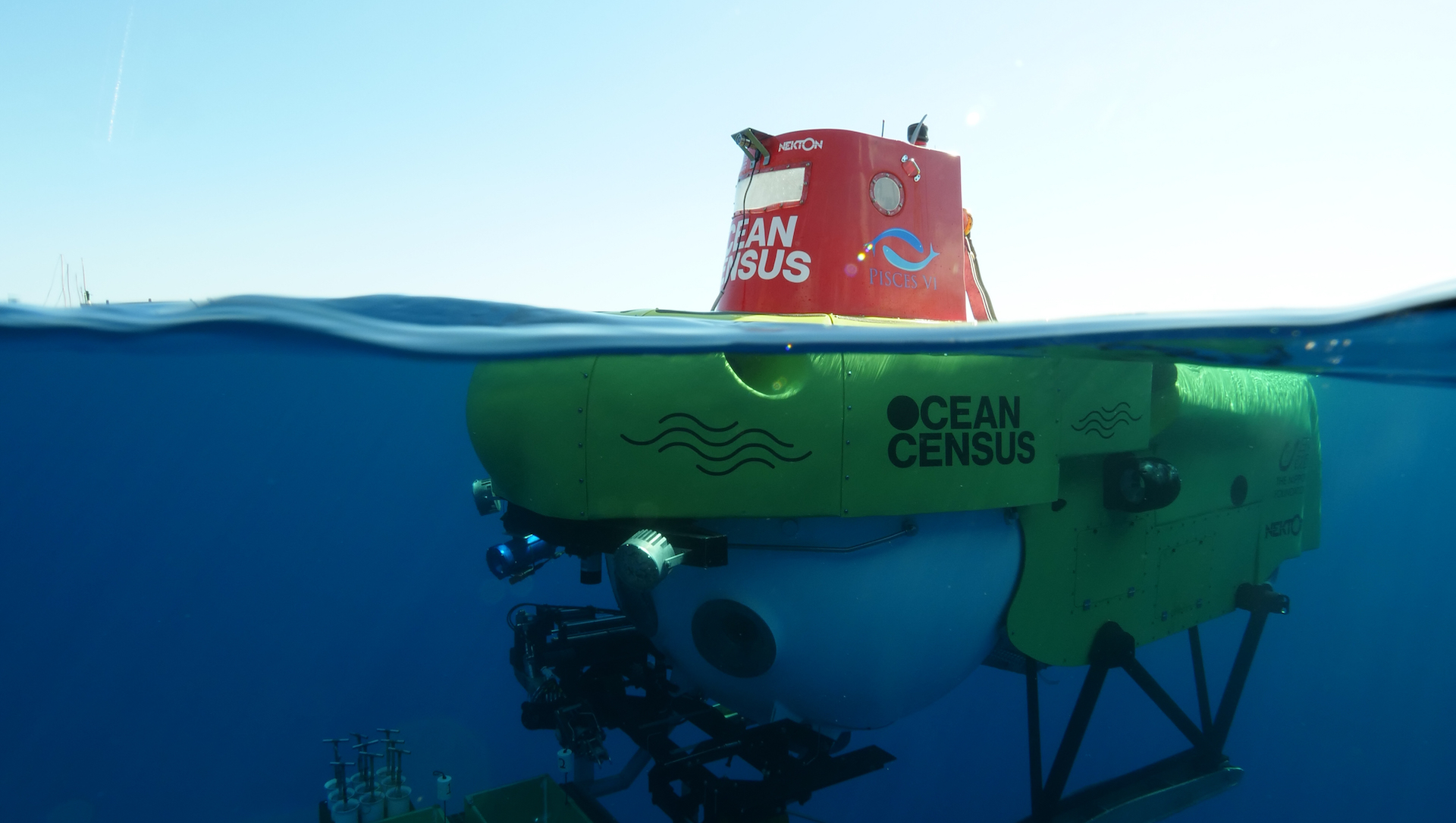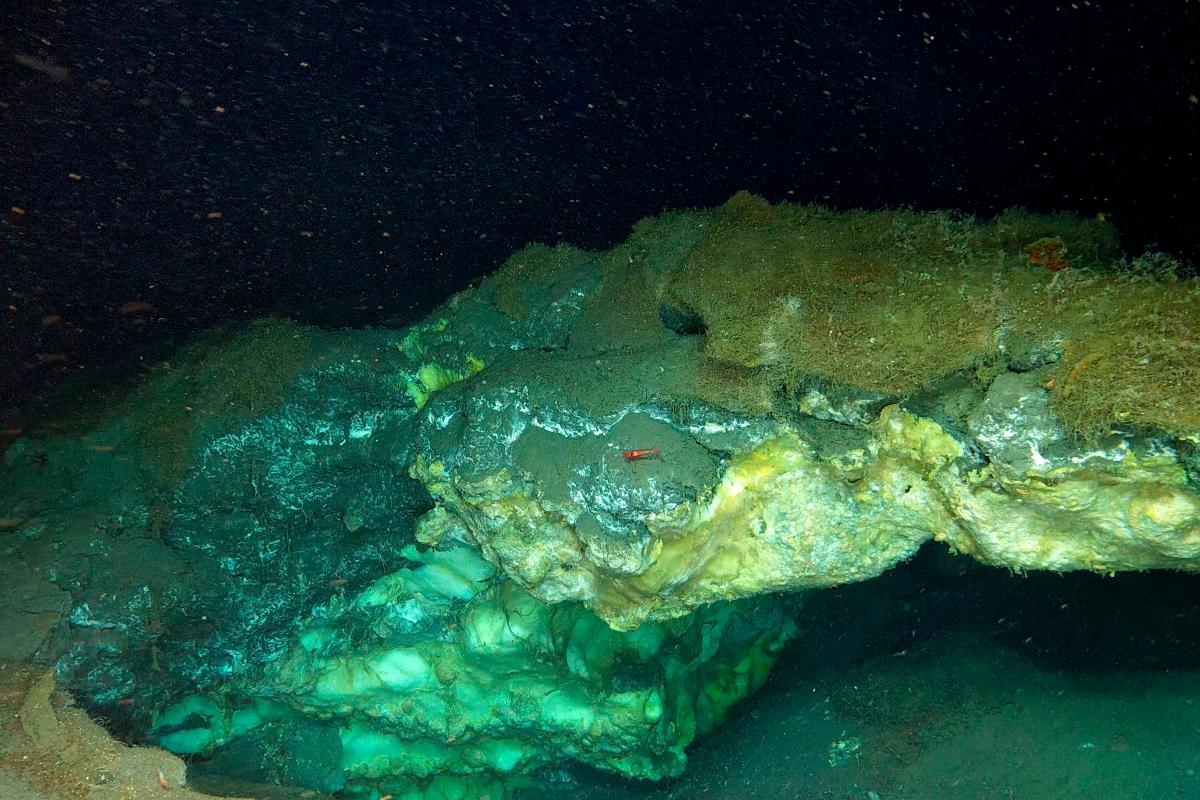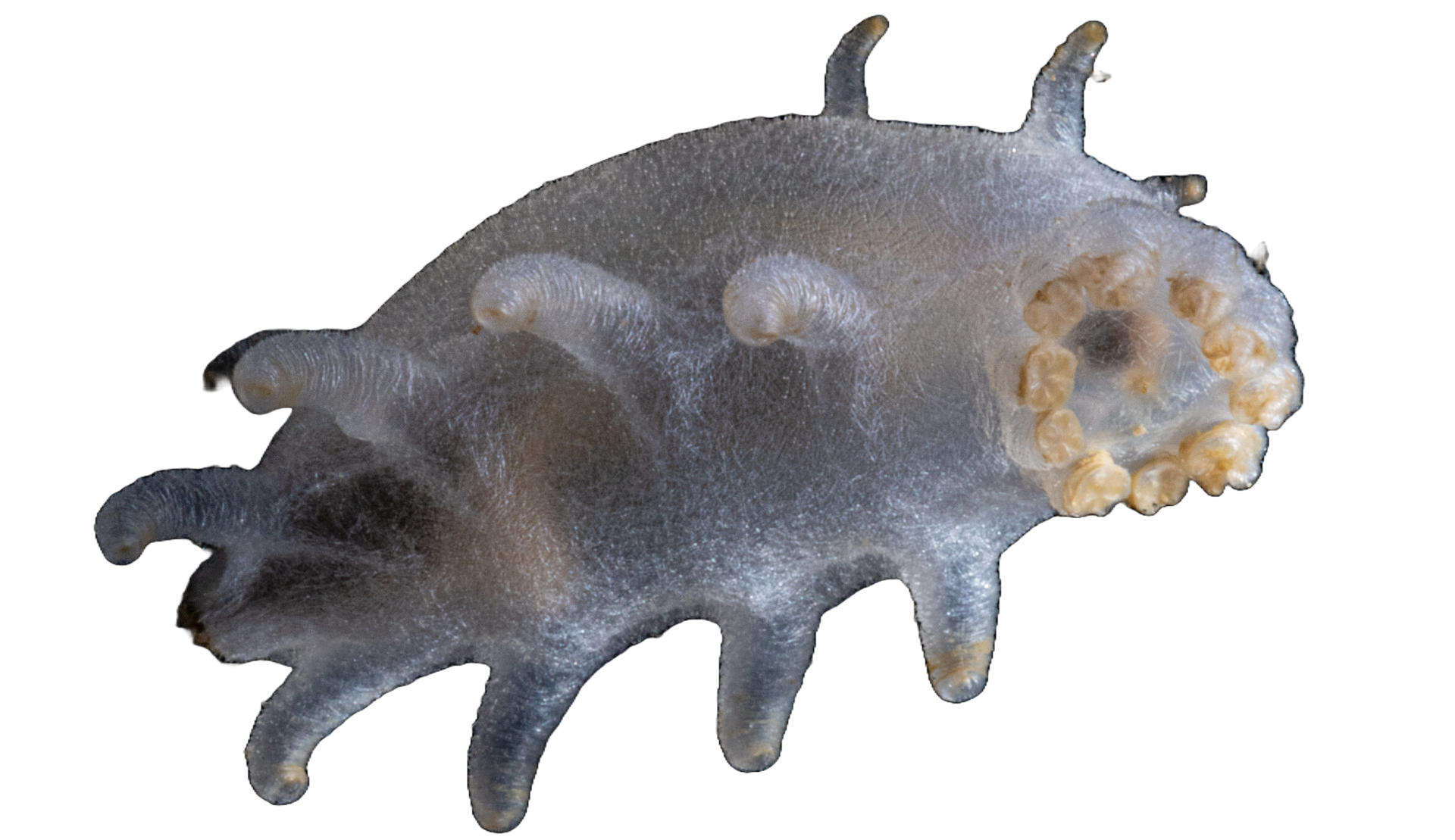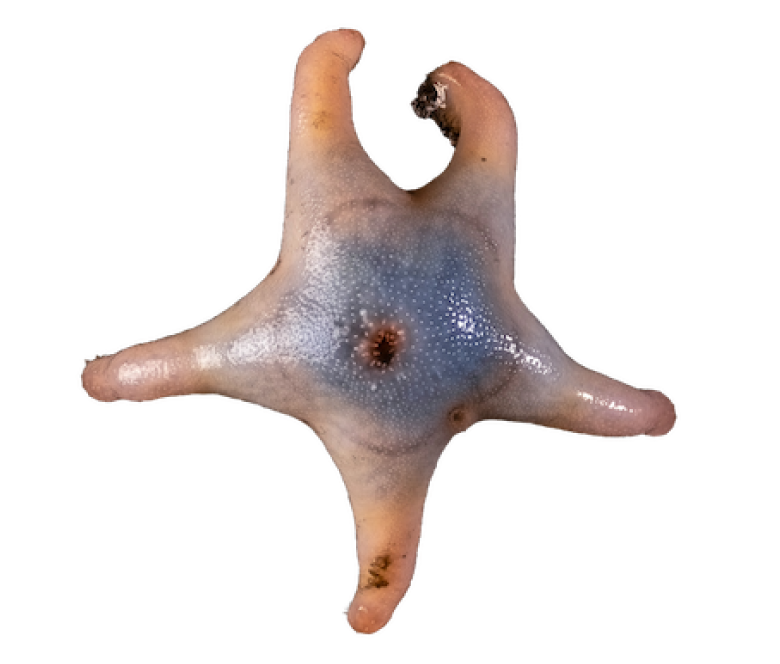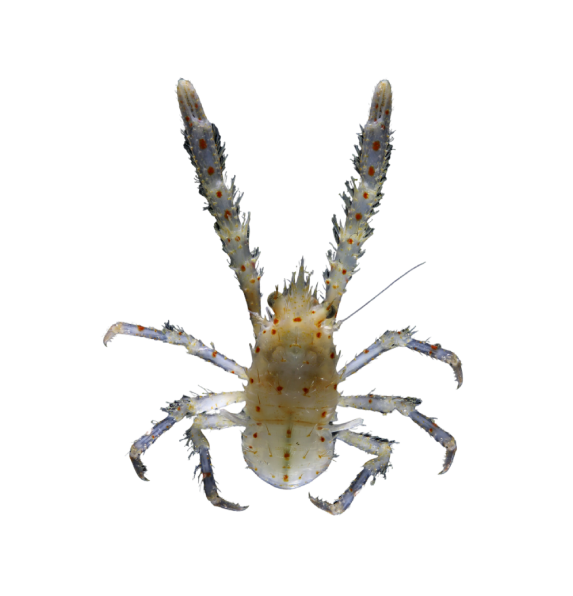
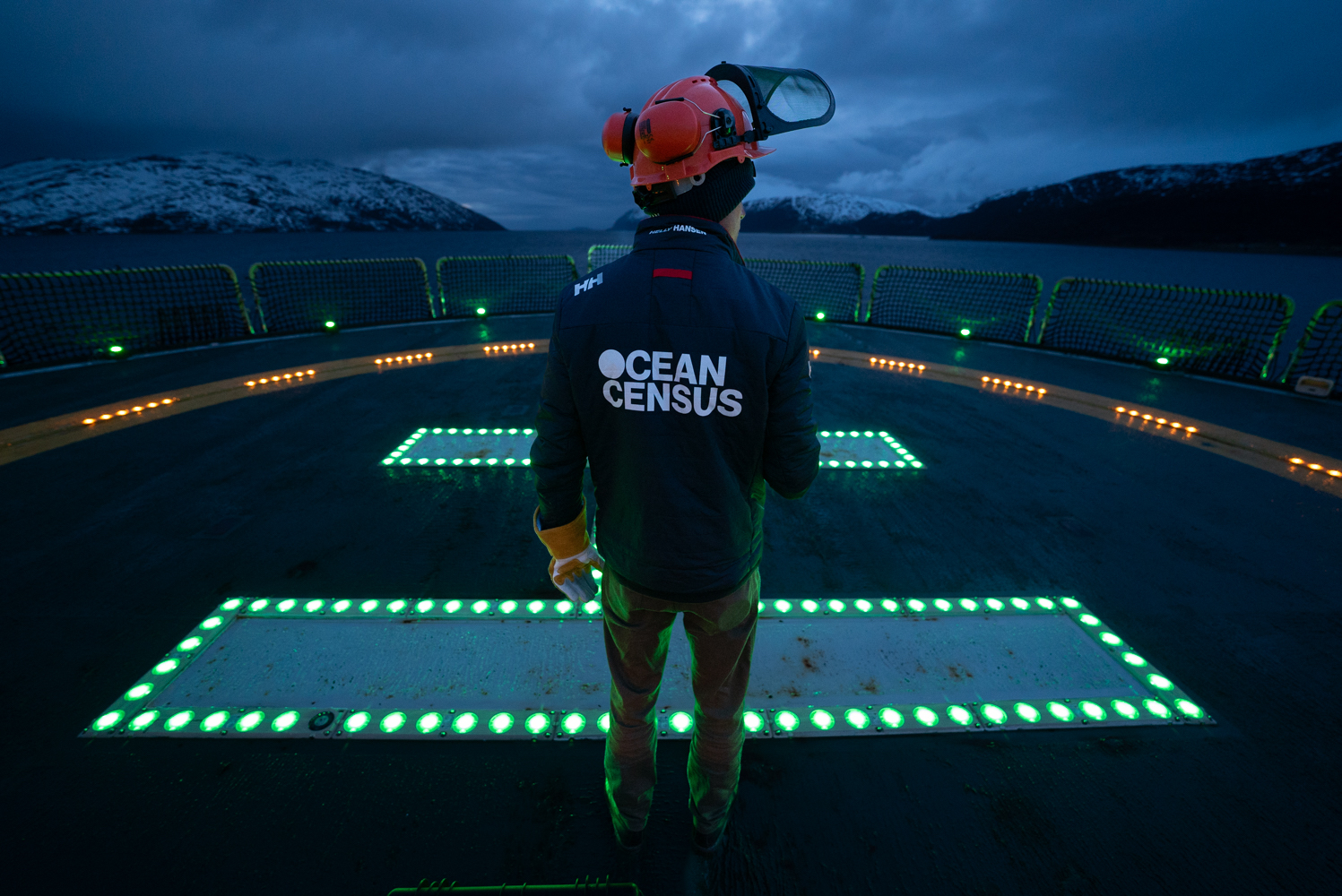
Our Mission
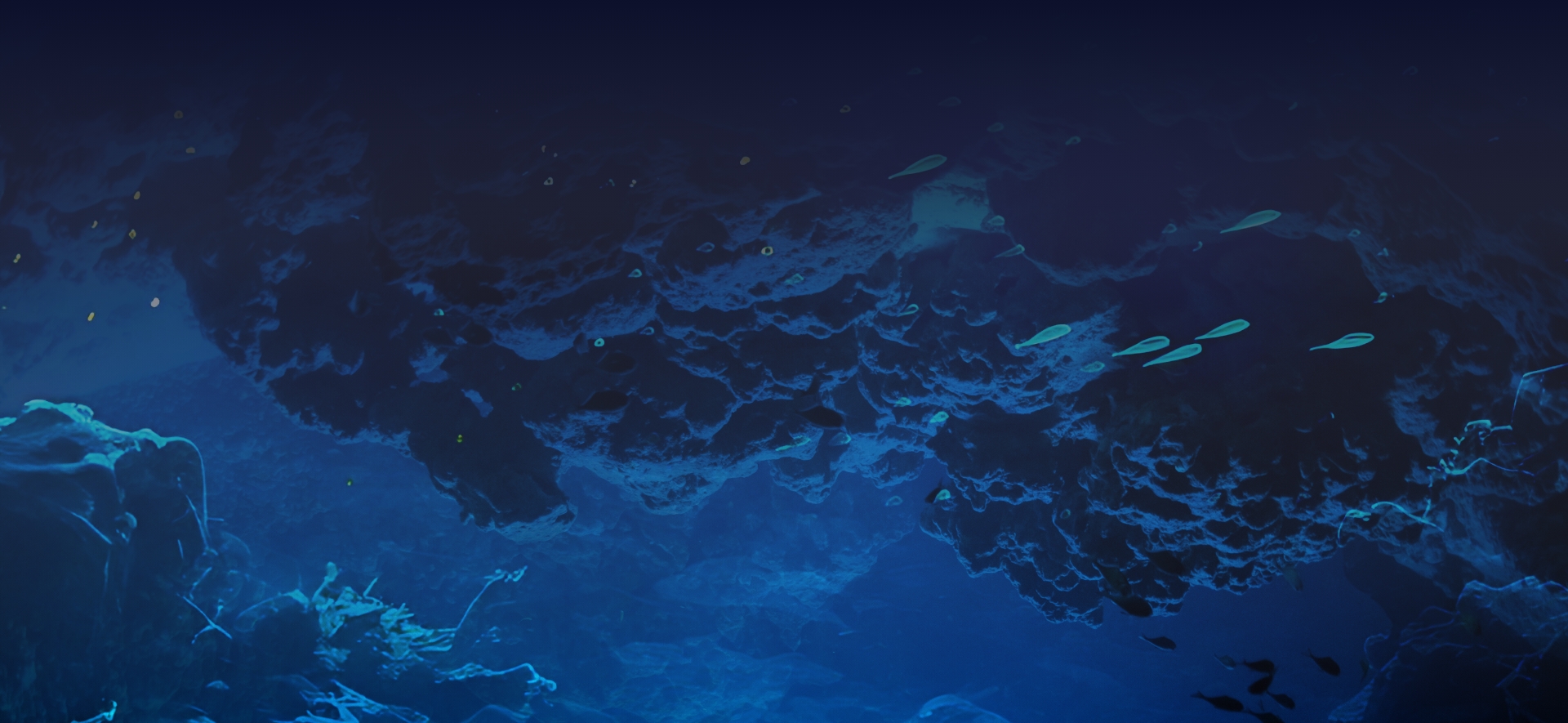
THE OCEAN CENSUS MISSION IS TO ACCELERATE THE DISCOVERY OF OCEAN LIFE FOR THE FUTURE OF OUR PLANET
Why it Matters
90% Undiscovered
Up to an estimated 2.2 million marine species exist; we’ve documented less than 10%
13
years
It takes an average of 13 years to identify and formally describe a new marine species
1/3
at risk
Over one-third of marine mammals and reef-building corals are threatened with extinction
Over
1000
Scientists suggest current species extinction rate is over 1000 times higher than the natural rate
800+
years
At the current rate of discovery, it would take several centuries to catalogue all ocean life
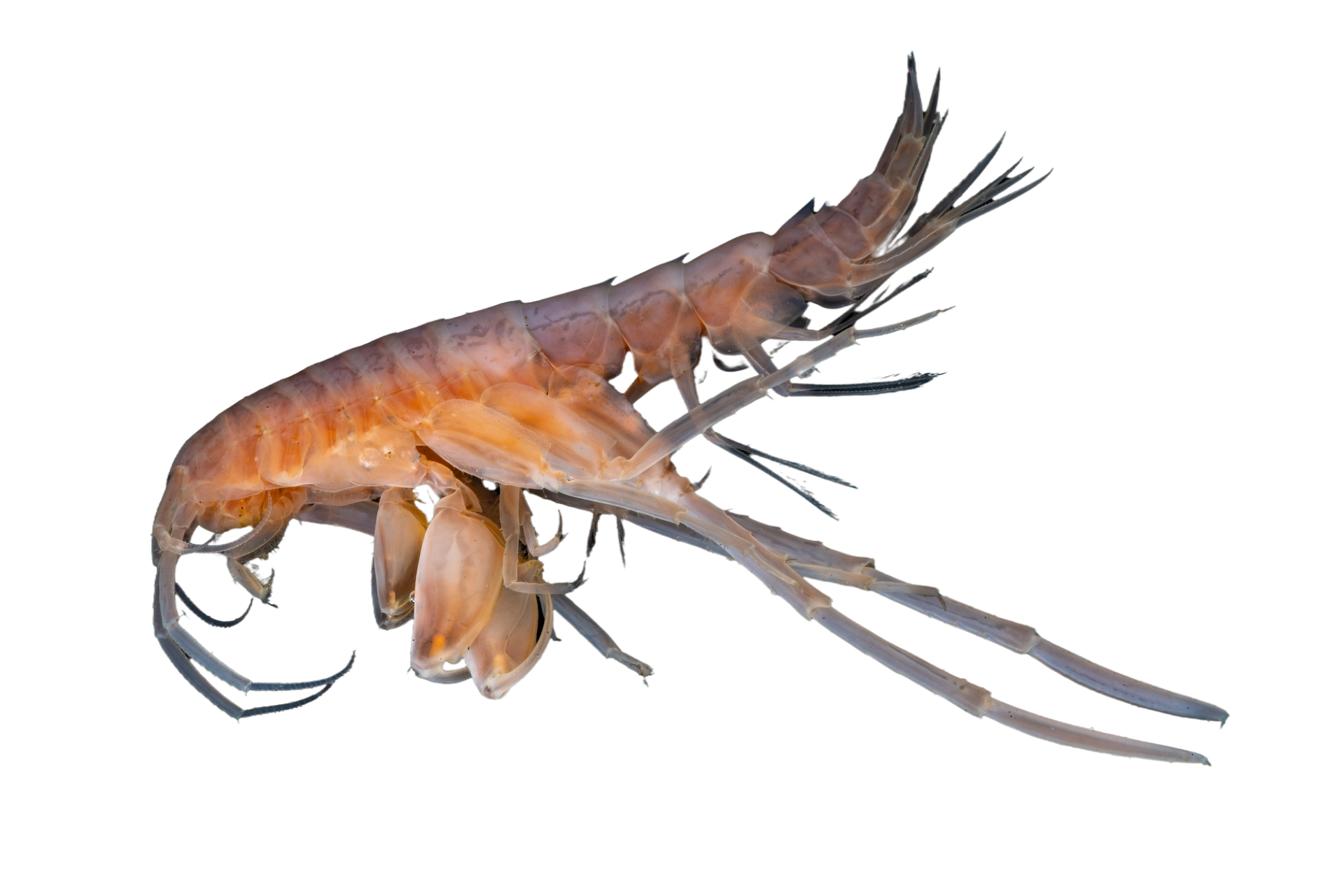
“Too many species remain in limbo for years because the process of formally describing them is too slow. We urgently need to change that and adding the Species Discovery step gives us a way to rapidly start the process. Every new species—whether a shark or a sponge—deepens our understanding of marine ecosystems and the benefits they provide for the planet.”
— Dr. Michelle Taylor, Head of Science, Ocean Census

The benefits of
discovering ocean lifeSustain life
Advancing scientific knowledge of ocean life improves our ability to support, maintain and strengthen the ocean’s bio-geochemical systems that provide our atmosphere, regulate our climate and feed billions of people.
Advance life
Identifying the biological, chemical and genetic properties and interactions of ocean life drives innovation including in biotechnology – such as the discovery of new drugs to treat disease.
Conserve life
Ocean life and biodiversity data underpins national and international biodiversity commitments and policies, empowering ocean conservation and sustainable governance.
Preserve life
Ocean life is under threat. Discovering ocean life now, will help preserve the legacy of four billion years of evolution for generations to come.
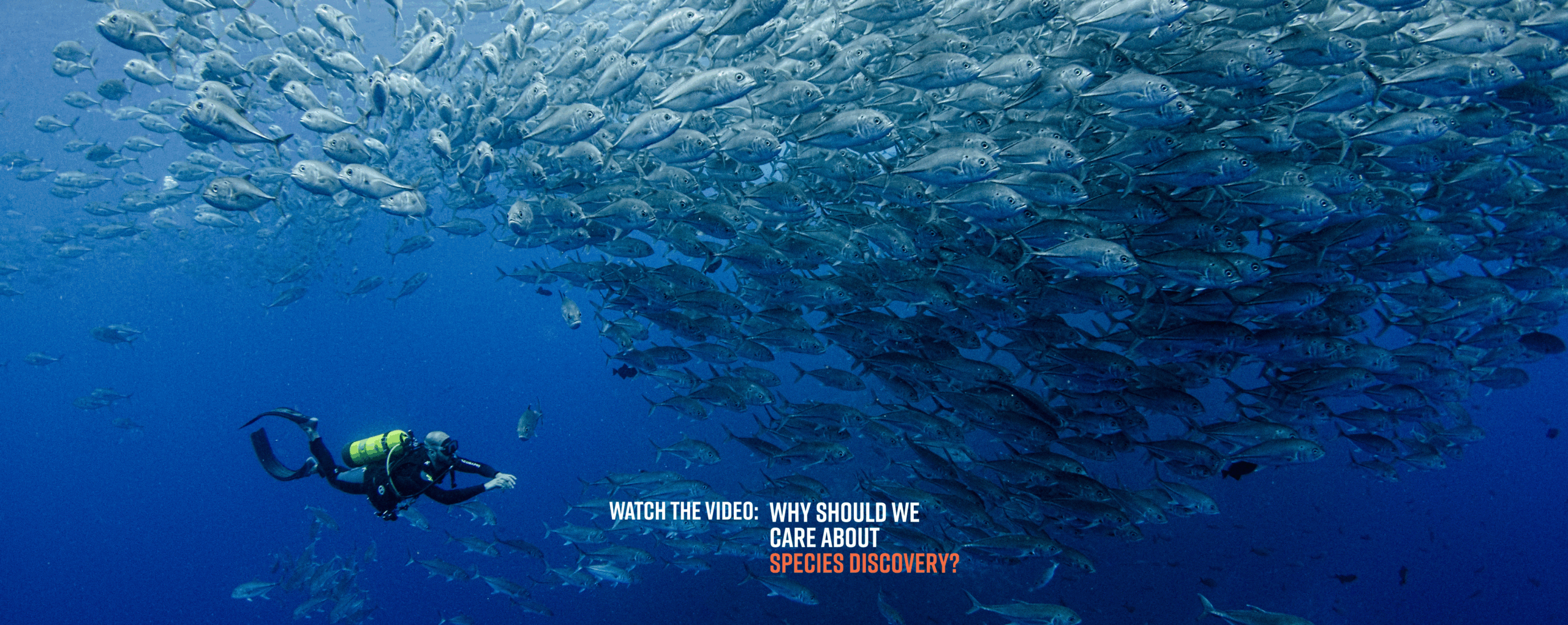
Frequently asked questions
The Ocean Census is the largest global initiative to discover and document ocean life, accelerating species identification and biodiversity research. By using advanced technology, international collaboration, and open-access data sharing, the Ocean Census is revolutionising how we explore and protect marine ecosystems.
The Ocean Census was launched in 2023 by The Nippon Foundation and Nekton. It is powered by a growing global alliance of scientists, research institutions, governments, and technology partners.
The Ocean Census builds on the incredible legacy of past ocean exploration programmes, including the Challenger Expedition (1872–1876), the Census of Marine Life (2000–2010). These pioneering efforts laid the foundation for our understanding of marine biodiversity, uncovering new species and advancing ocean exploration.
What makes the Ocean Census different is the scale, speed, and open-access approach. Traditionally, species discovery has been a slow, resource-intensive process, taking an average of 13.5 years from collection to formal classification. The Ocean Census is accelerating this by integrating high-resolution imaging, DNA sequencing, artificial intelligence, and global data-sharing networks to make species identification faster, more accessible, and collaborative.
The ocean produces over half of the oxygen we breathe, regulates our climate, and supports billions of people—yet over 90% of marine species remain undiscovered. Without understanding ocean life, we cannot protect it. Species discovery helps inform conservation, climate adaptation, and scientific advancements, including potential new medicines and biotechnologies.
Scientists use deep-sea and coastal expeditions, high-resolution imaging, DNA sequencing, and machine learning to identify and classify new species at an unprecedented pace.
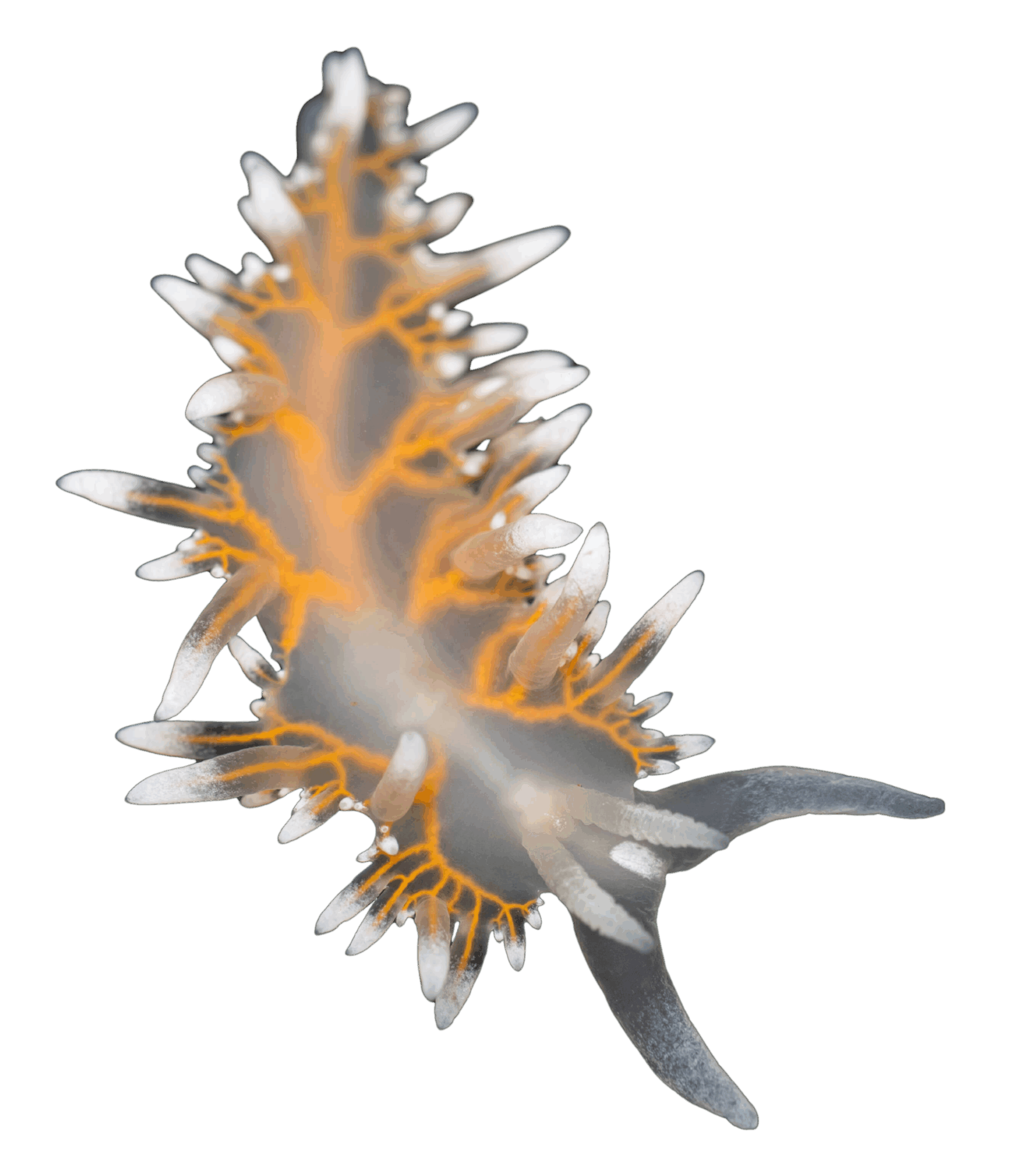
Join the census
The Ocean Census Alliance unites national and philanthropic marine institutes, museums, and universities, backed by governments, philanthropy, business and civil society partners.
